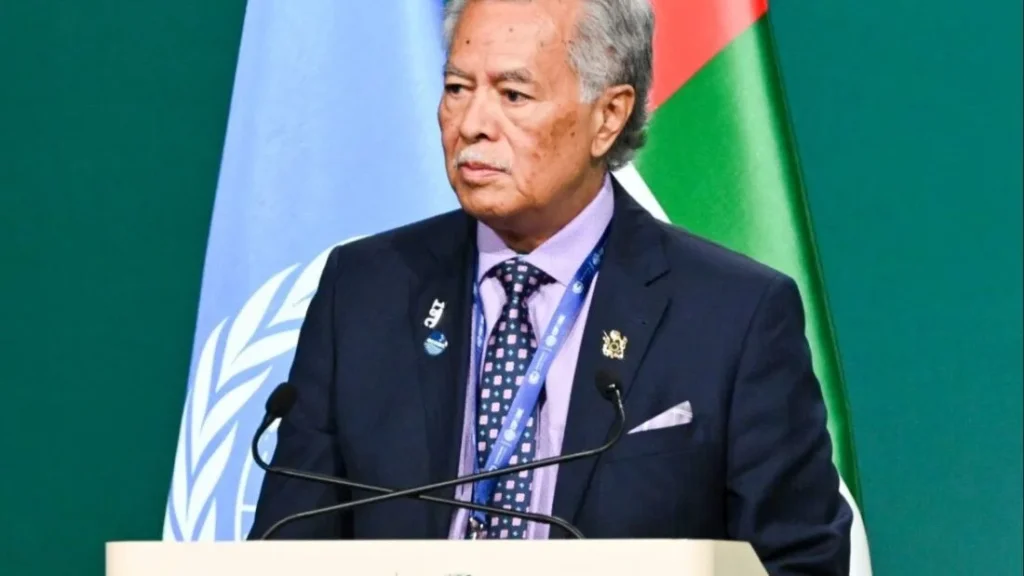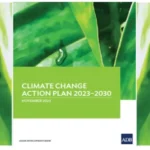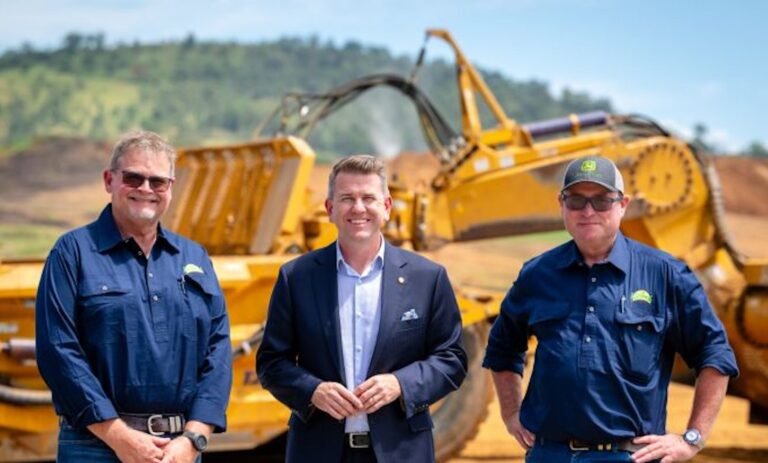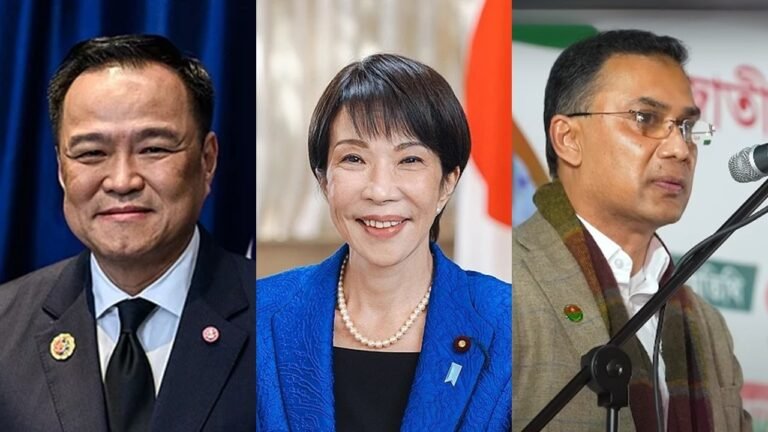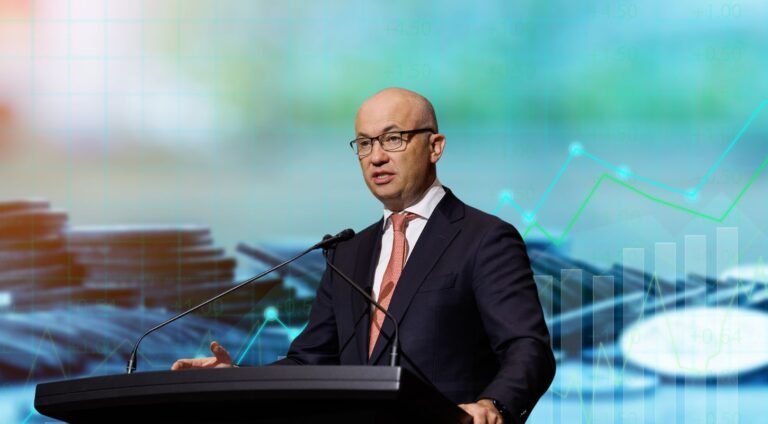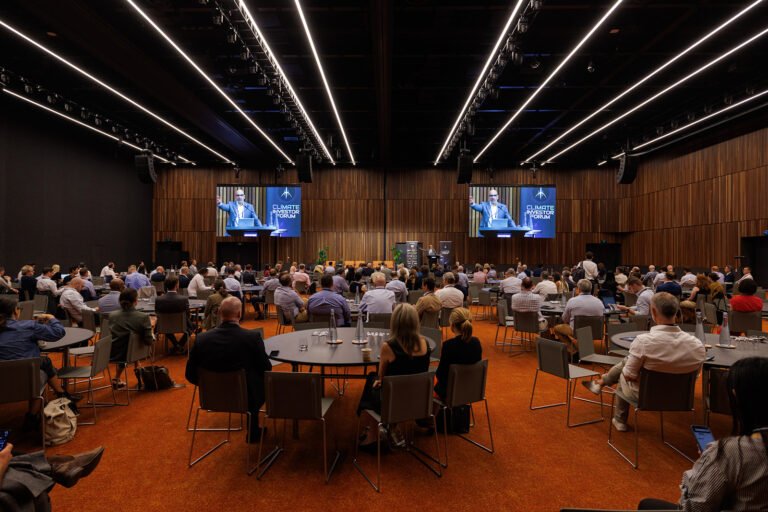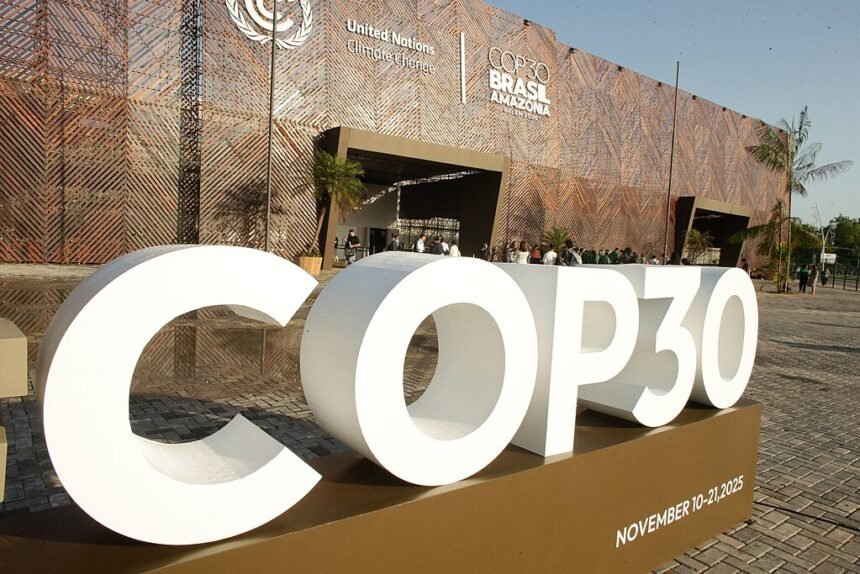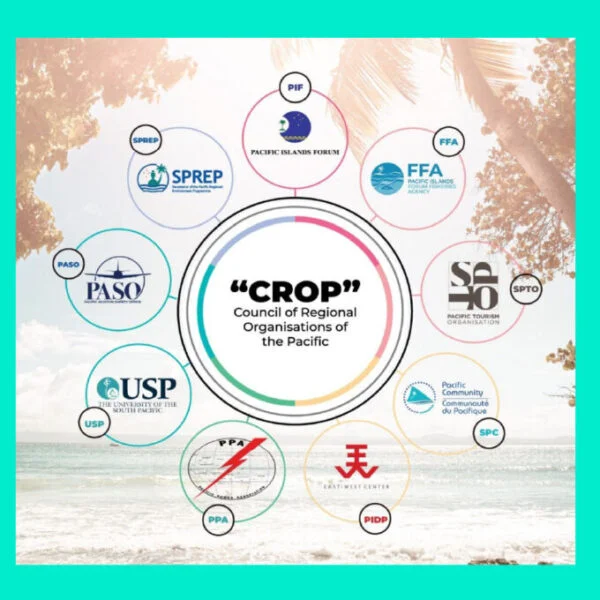On December 2023, COP28 Pacific Islands Forum cited “more action, more ambition, and more urgency for an outcome that gets the world back on track” from Henry Puna, Pacific Islands Forum Secretary General.
Dissatisfaction and real concerns of displacement of Pacific Island nations and their communities, due to climate change weather, and rising sea levels were revealed by the eight Political Climate Champions of the Pacific who attended COP28 were Fiji, Cook Islands, Tonga, Vanuatu, Tuvalu, Samoa, Niui, and the Marshall Islands.
Full Release here+
Henry Puna said, “If the world had heeded our call 10 or 20 years ago, we wouldn’t be in this situation where we are contemplating scenarios that require us to abandon our homes, our ancestral lands, and our way of life as we know it.”
James Bhagwan, the Secretary General of the Pacific Conference of Churches and a passionate advocate for climate justice, actively participated in Cop28 by offering assistance to both negotiators and activists. He emphasized the significance of solidarity from allies of the Pacific region during this critical climate conference
Australia announced its bid to co-host COP31 alongside the Pacific in November 2026.
“We have got to see some significant shifts,” Bhagwan, says. “In order to support an Australia-Pacific Cop, our Pacific needs a win.”
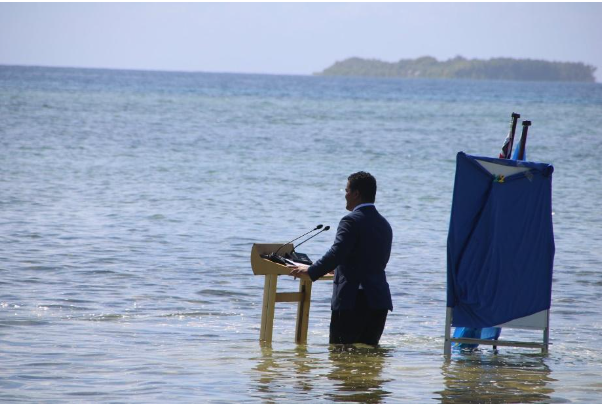
Climate Mobility in The Pacific: Some Want Leave, While Others Leave It to God
In a recent “Pacific Approach” project conducted by The University of Auckland, they looked into climate-related impacts on Pacific peoples by engaging participants using local languages at 16 community sites.
The Pacific populace will increase from 13 million to 20 million by 2050.
With a majority of people living in the Pacific refusing to leave the region despite the onset of climate change, religion was reported among the many reasons behind those refusing to move.
Professor Yvonne Underhill-Sem, the Project co-lead says, “Religious conviction does provide us succour and relief, but it cannot blind us to the realities when you’ve got wet feet when you can’t grow the food you’re growing when you look out the window and your Pau Pau are dying” – but not all religious people in the Pacific subscribe to the same notion, as some acknowledge climate change as a priority issue. “The surprise to me is that the diversity of views co-exist. They co-exist in families, in communities, on islands and in some ways, that’s an interesting thing because we do co-exist in the Pacific”.
The Projects’ Co-leads, Professor Yvonne Underhill-Sem and Dr Tina Newport both from the Cook Islands, and Dr Roannie Ng Shiu from Sāmoa + colleagues hailing from Papua New Guinea, Solomon Islands, Kiribati, Tuvalu, Cook Islands, Niue, and Tokelau worked in collaboration at grassroots. (PMN)
Simultaneously, the New Zealand University of Waikato is leading a two-year project about how climate change affects people departing their homelands in Tonga and Samoa, with a survey of 600 responders revealing that there is particular interest from Tongan women to leave the Kingdom, a gender difference not reflected in the Samoan respondents.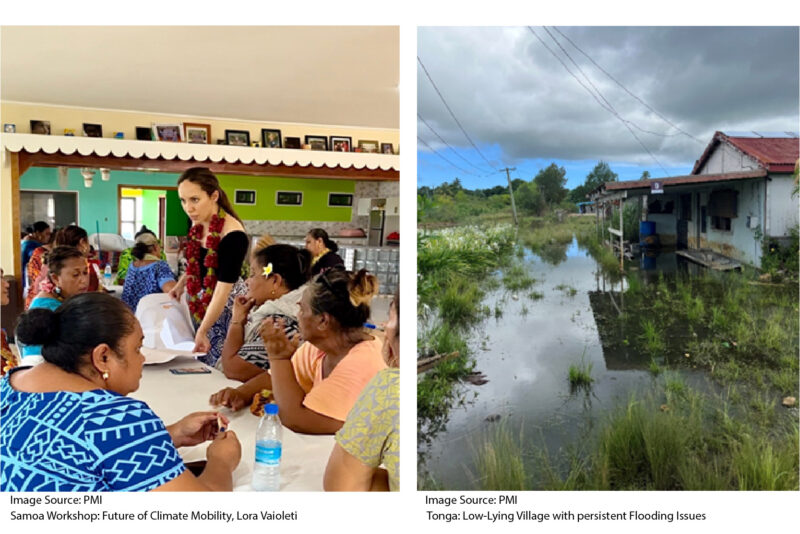
Researchers include Professor Sandy Morrison and Project Lead Lora Vaioleti, who says, exploring these stories helps to fully reflect cultural, moral, and logical solutions for people in Tonga and Samoa. “We wanted to make sure we were tapping into people’s beliefs, their assumptions, their knowledge. And you can’t get that just by asking them interview questions. “We do need numbers, but we also wanted to make sure we were gathering really rich data and rich stories.”
Leading Image Credit: COP28 / Stuart Wilson- Henry Puna, Pacific Islands Forum Secretary General

